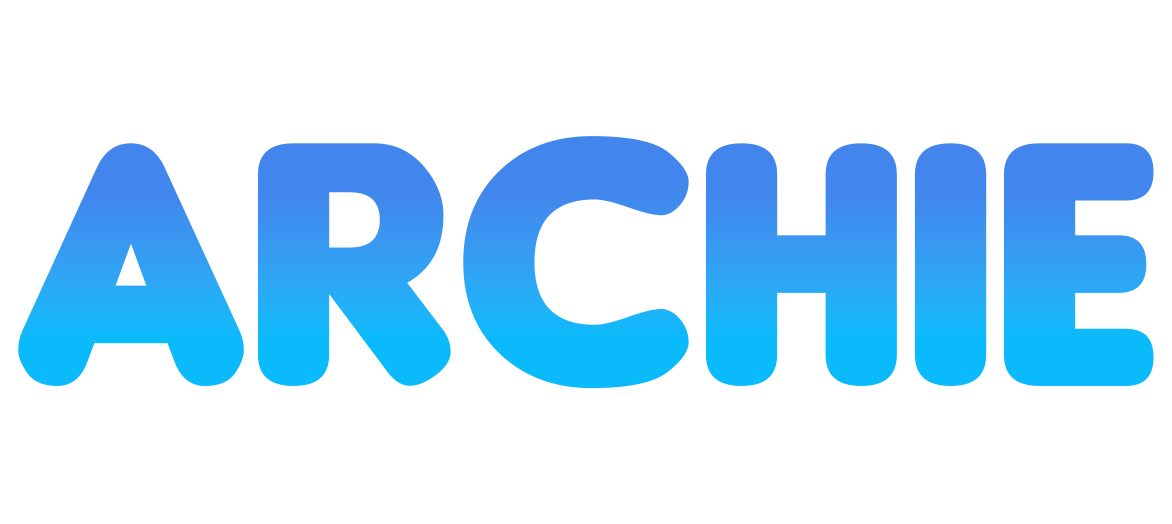Mortgage & Refinance FAQs
Get clear, plain‑English answers to the most common questions about home purchase, refinancing, cash‑out options, and what to expect when exploring rates.
Will checking rates hurt my credit?
No. Getting initial estimates through Archie Rate does not require a hard credit pull. A hard inquiry only happens if you choose to continue with a full application with a lender.
How is my rate determined?
Rates are influenced by market conditions, your credit profile, loan-to-value (LTV), occupancy type, loan purpose, and product selection. We surface potential options before any commitment.
What is a cash‑out refinance?
A cash-out refinance lets you replace your existing mortgage with a larger one and receive the difference as cash at closing—often used for renovations, debt consolidation, or strategic investments.
How much equity do I need for cash out?
Most cash-out scenarios require you to retain at least 20% equity after the new loan (an 80% max LTV), though this can vary by loan program and property type.
Can I shorten my term and save interest?
Yes. Refinancing into a shorter term (like 15 years) often lowers total interest paid and may offer a lower rate—though monthly payments can increase. We'll help you compare scenarios.
What upfront costs should I expect?
Typical closing costs range from 2%–5% of the loan amount depending on state, product, and third-party fees. Some borrowers choose to offset costs through lender credits or a slightly higher rate.
What documents will I eventually need?
If you proceed with a full application, common documents include recent pay stubs, W‑2s or tax returns, bank statements, IDs, and possibly asset or income verification depending on program.
How fast can I close?
Many refinances and purchases close in 25–35 days depending on appraisal timing, responsiveness, and documentation. Complex income or unique property types can extend timelines.
Is there a penalty for paying my loan off early?
Most standard conventional and government-backed loans have no prepayment penalty. Certain niche or investment products may—always review your final loan disclosures.
What if rates drop after I lock?
Some lenders offer float‑down options within a defined window. Ask your specialist about availability and any associated cost before locking.

